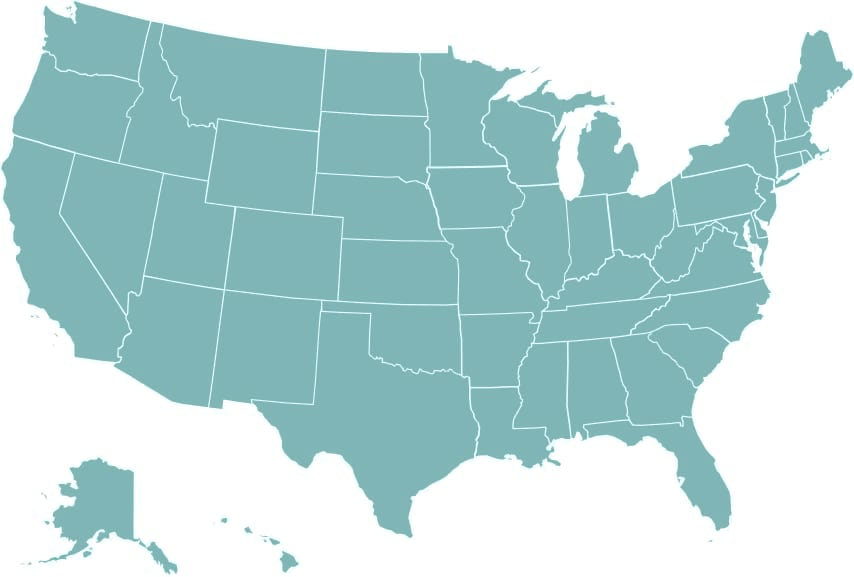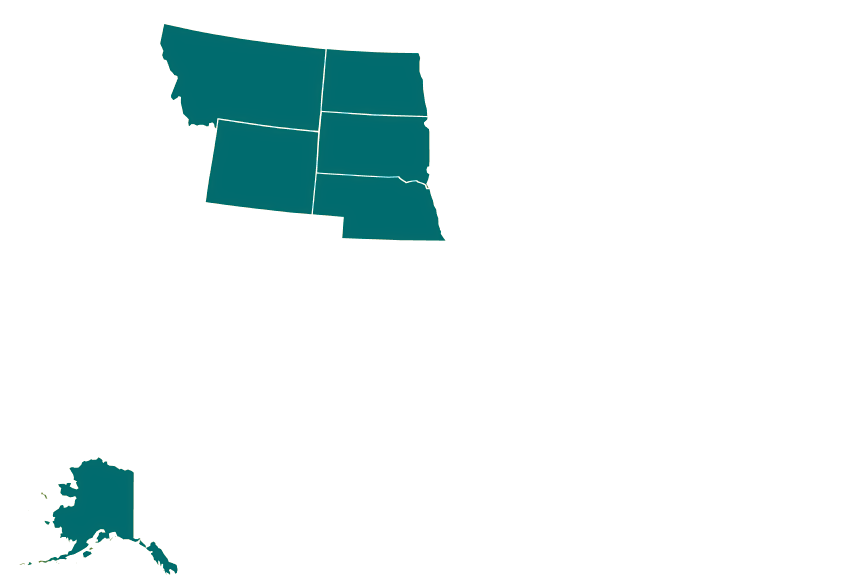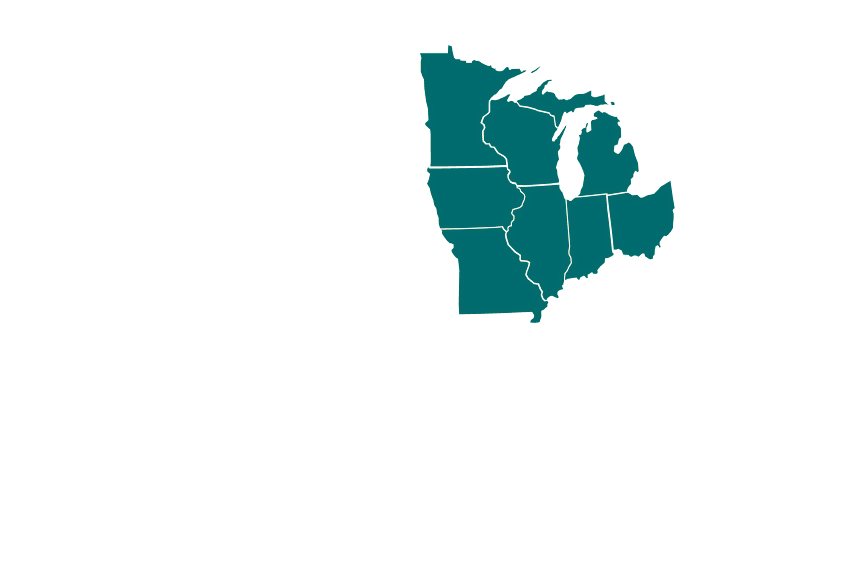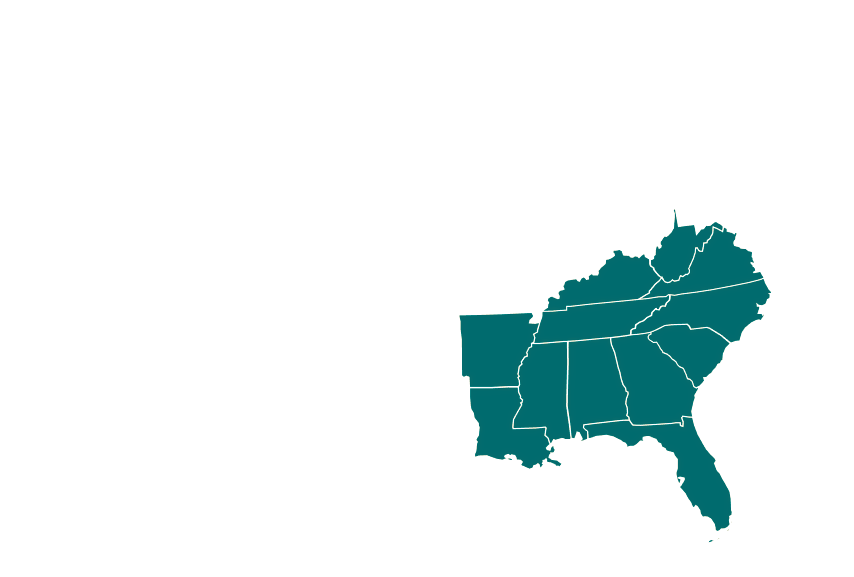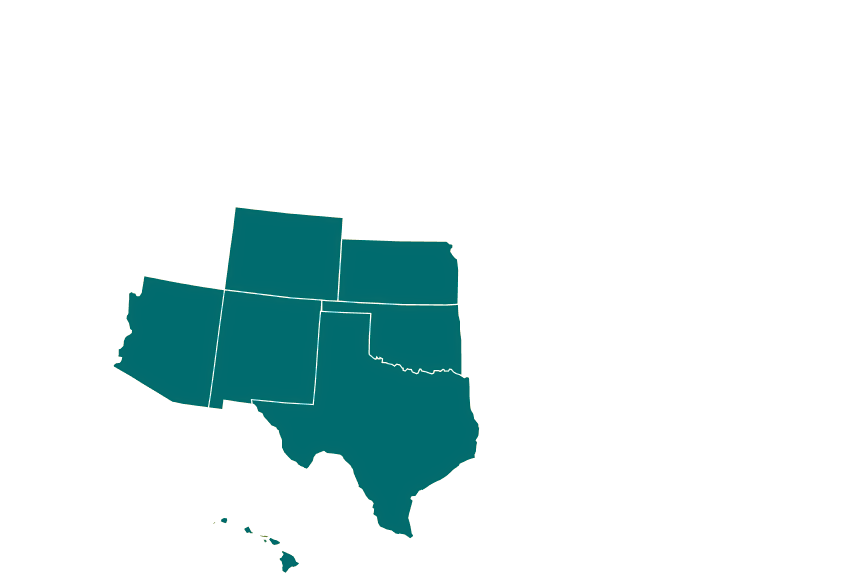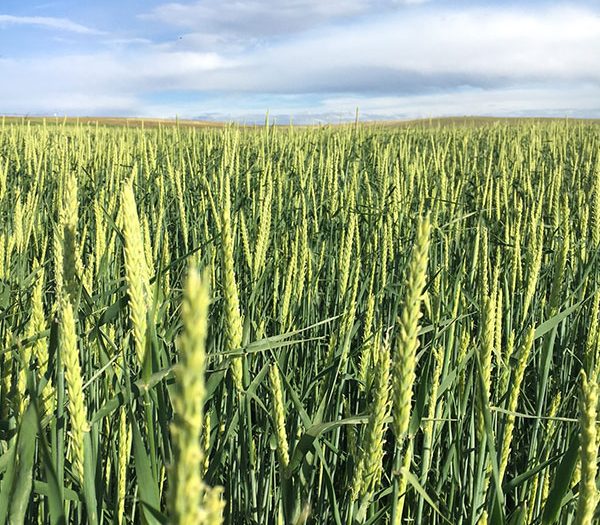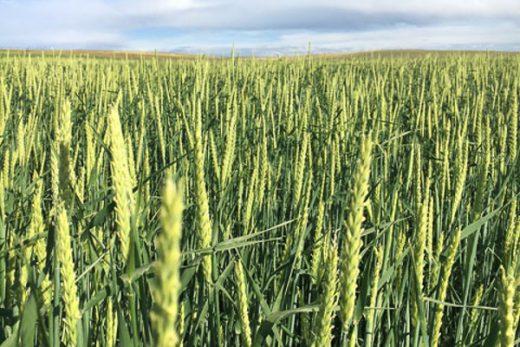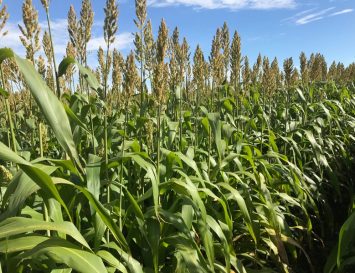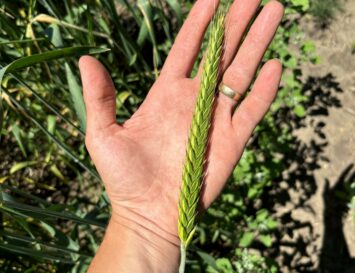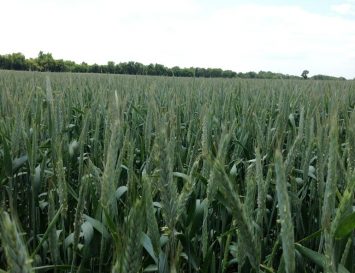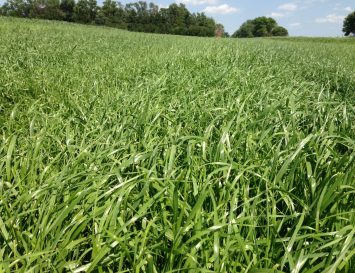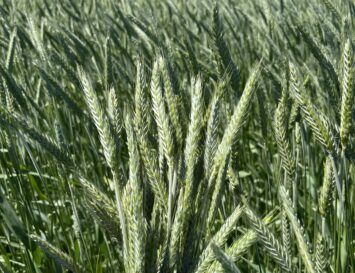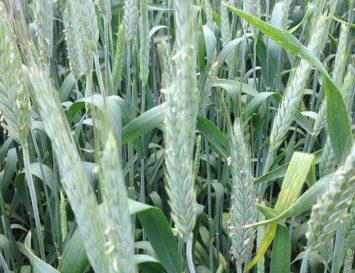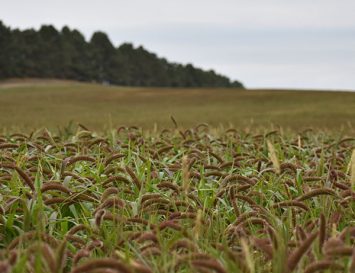Forage Barley
$0.45
Forage Barley is a beardless spring barley developed as a forage. It is a cool-season annual small grain commonly planted as hay or a silage crop. Forage barley will be taller and leafier than other barley varieties and will exhibit a beardless seedhead. Forage barley is quick maturing and will be ready to cut earlier than other small grain forages planted at the same time. For this reason, forage barley works excellent in double cropping scenarios. Forage barley produces fine-stemmed hay that will cure easily and be highly palatable to all classes of livestock. Forage barley is drought tolerant and displays high tolerance to saline or alkali soils.
Need some help? Contact us.
Product Guide
Planting
- Planting Time: Early Spring
- Barley can tolerate any light frost that may occur after planting.
- Drilled Seeding Rate: 90-100 lbs
- Ideal Seeding Depth: 1.5″-2″
Fertility
- Barley requires approximately 9 lbs of N, 11 lbs of P₂O₅, and 45 lbs of K₂O per ton of forage produced.
- Make fertilizer applications based on expected yield and soil fertility levels.
- Apply ¼–½ rate of nitrogen at planting, and the remaining rate during mid- to late-tillering.
- Do not exceed a total of 25 lbs/a of N+K if fertilizer is placed in-furrow.
Weed Control
Plant into a clean, weed-free seedbed and use the herbicide options below for optimal weed control:
| Timing | Herbicide | Rate | Notes | Weeds Controlled | Control Method |
| Preemergence | Sharpen (Saflufenacil) | 1-2 oz/a | Apply after planting and before crop emergence. | Broadleaves | Contact & Residual |
| Glyphosate | 32 oz/a | Apply any time before crop emergence. | Grasses & Broadleaves | Contact | |
| Postemergence | Harmony Extra SG (Thifensulfuron + Tribenuron) | 0.45-0.9 oz/a | Apply after 2-leaf stage, but before flag leaf is visible. | Broadleaves | Contact |
| Broclean (Bromoxynil) | 1.5-2 pts/a | Apply from emergence to boot stage. | Broadleaves | Contact | |
| Starane Flex (Florasulam + Fluroxypyr) | 13.5 oz/a | Apply from 3-leaf stage up to flag leaf emergence. | Broadleaves | Contact | |
| 2,4-D Amine (2,4-D Amine) | 0.25-0.5 lbs ae/a | Apply after crop is tillered, but before jointing. | Broadleaves | Contact | |
| Widematch (Clopyralid + Fluroxypyr) | 1-1.33 pts/a | Apply from 3-leaf to flag leaf emergence. | Broadleaves | Contact | |
| Huskie (Pryasulfotole + Bromoxynil) | 11-15 oz/a | Apply between the 1-leaf stage up to flag leaf emergence. | Broadleaves | Contact | |
| Wolverine Advanced (Pryasulfotole + Bromoxynil + Fenoxaprop) | 1.7 pts/a | Apply from emergence to 5-leaf stage. | Grasses & Broadleaves | Contact | |
| Widematch (Clopyralid + Fluroxypyr) |
1-1.33 pts/a | Apply from 3-leaf to flag leaf emergence. | Broadleaves | Contact |
*Always read and follow label instructions before making an application.
**Different glyphosate products may have different application rates. Refer to the label before making an application.
Disclaimer: All products and rates were provided by university-based sources and product labels. Always follow label instructions and consult your local chemical dealer and seed dealer before making any applications or planting of seed.
Harvest Management
- Forage barley is early maturing, but since it is a beardless variety quality does not decline as rapidly as with other small grain forage crops.
- Forage barley should be cut for hay or silage at any point from the late boot stage through the early milk stage of the seedhead. It is best not to allow barley to fill grain beyond this point.
- Cutting earlier will result in higher quality forage while cutting later will produce higher dry matter yields.
- Forage barley is safe to graze if other harvest options become limited.
- Forage Barley is commonly followed with a second forage crop such as hay millet, sorghum-sudangrass, or grazing cover crop mixtures.
Multiple Regions
Every acre is different and our goal is to help you know what works best in your area. This 'Growing Regions' section showcases where this species works best. If you have any questions on product placement, feel free to contact our experts and we will help!
